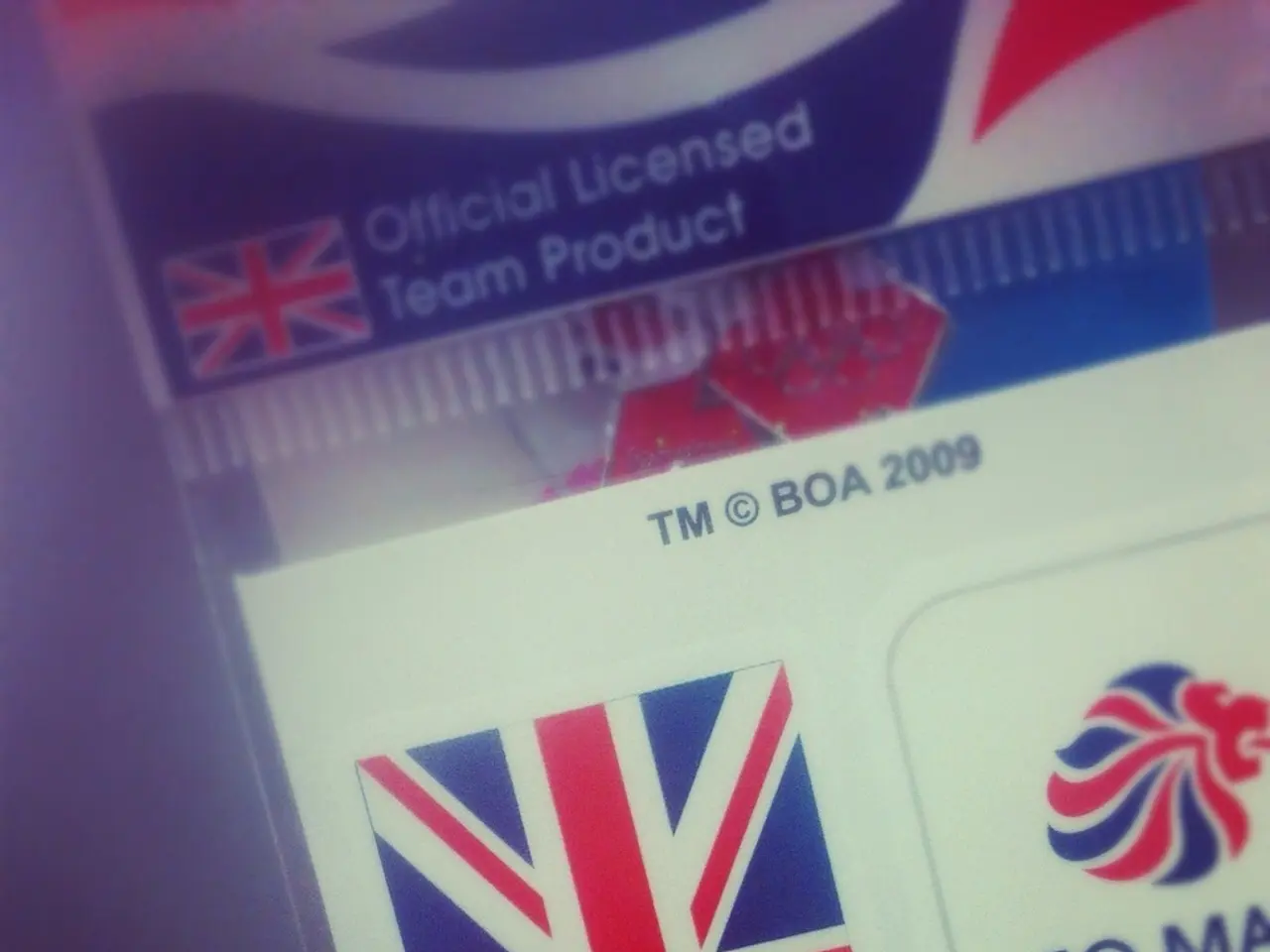Strengthen Your Security: Utilize Credit Freeze as Your Digital Shield in the Digital Realm
In today's digital age, where threats are becoming increasingly sophisticated, it is crucial to bolster our defenses to safeguard our digital identities as effectively as our physical ones. One such tool is a credit freeze, a vital component in an individual's cybersecurity strategy.
A credit freeze offers significant protection against cyber threats such as phishing scams, data breaches, and identity theft. By restricting access to your credit reports, this measure prevents cybercriminals from opening new accounts or lines of credit in your name without your explicit authorisation.
The three major credit reporting agencies—Equifax, Experian, and TransUnion—each manage your credit reports and handle credit freeze requests independently. To ensure comprehensive protection, it is essential to place a freeze with all three bureaus individually. You can request these freezes online, by phone, or by mail, and each bureau is required to implement the freeze within one business day of your request.
When the need arises to temporarily allow access (for example, to apply for a loan), you can "unfreeze" or "thaw" your credit. Each bureau processes these requests within an hour online or by phone (or up to three days via mail).
- Equifax provides online freeze requests via its website and phone line, freezing your credit within one business day.
- Experian offers a free security freeze option (distinct from its paid credit lock service) that can be set up online or by phone; like others, it confirms freeze status via email.
- TransUnion allows you to freeze your credit quickly online or by phone and confirms freeze placement in the same manner.
Because not all creditors report to every bureau, freezing all three is essential for comprehensive protection. The bureaus confirm the freeze and allow you to lift it when needed for legitimate financial activities. This coordinated process makes credit freezing a practical preventive measure against identity theft and credit fraud.
Remember, taking proactive steps to protect personal information is not optional—it is imperative in our increasingly digital world. The decision to freeze one's credit is a statement of autonomy and vigilance in the face of an ever-evolving cyber landscape. The ramifications of such breaches can be devastating, not only financially but also emotionally.
So, consider a credit freeze as a critical move towards safeguarding your digital identity and financial well-being in the face of the growing cyber threats we encounter daily.
[1] Equifax Credit Freeze Information [2] Experian Credit Freeze Information [3] TransUnion Credit Freeze Information [5] Consumer Financial Protection Bureau: Credit Freeze Frequently Asked Questions
- To safeguard one's personal-finance from cyber threats like phishing scams and identity theft, it is recommended to set up a credit freeze with Equifax, Experian, and TransUnion, as they collectively provide a comprehensive protection for your credit information.
- Equifax, Experian, and TransUnion each offer online and phone services to freeze your credit, with confirmations sent via email, ensuring that you're informed about the freeze status.
- Taking into account that not all creditors report to every bureau, it is necessary to freeze your credit with all three bureaus to ensure optimal protection against potential credit fraud and identity theft in our technology-driven world.




